Split System Troubleshooting: Quick Fixes When Your AC Stops Blowing Cold Air
Hey there, folks! If your split system air conditioner is giving you the cold shoulder by not blowing cold air, you’re not alone. I’ve been in the HVAC game for over two decades, and I’ve seen it all—from the simplest thermostat hiccups to those head-scratching mechanical gremlins. Picture this: you walk in after a long, hot day, hoping for a cool breeze, but instead, you get a warm welcome. Not fun, right?
Let’s dive into some common culprits and easy fixes. Whether it’s tweaking a setting or giving your unit a little TLC, I’ll guide you through it, just like an old friend would. Stick around, and we’ll have your home feeling like a cool oasis in no time.
Common Reasons Your Split System Is Not Blowing Cold Air
When your split system isn’t blowing cold air, it can be a real head-scratcher. There are several potential culprits behind this issue, each with its own set of solutions. Let’s dive into some of the most common reasons and how you can tackle them.
Incorrect Thermostat Settings
One of the usual suspects when your split system isn’t cooling is the thermostat settings. If it’s not set to “Cool” and “Auto,” you might find yourself in a sauna instead of a cool oasis. Double-check those settings to make sure they’re just right. And remember, a wonky thermostat can throw everything off balance, so give it a look now and then to keep things chill.
Clogged Air Filters
Clogged air filters are like a traffic jam for your AC. Dust and debris can block the airflow, leaving you with warm air instead of a refreshing breeze. Make it a habit to clean those filters regularly—monthly during heavy use and every three months otherwise. Trust me, your wallet and your comfort will thank you.
Refrigerant Leaks
Refrigerant is the secret sauce that keeps your system cool. If there’s a leak, you’ll notice warm air and maybe even a hissing sound or a chemical whiff. Low refrigerant levels can spell trouble for your compressor, leading to costly repairs. It’s best to call in the pros if you suspect a leak—better safe than sorry!
Clogged Condenser Coils
Condenser coils are like the lungs of your AC, helping it breathe out the heat. When they’re clogged with gunk, they can’t do their job, and you’re left with lukewarm air. Regular cleaning keeps them in tip-top shape, ensuring your system runs smoothly and efficiently.
Malfunctioning Compressor
The compressor is the heart of your split system. If it starts acting up due to overheating or wear and tear, you might find yourself sweating bullets. Regular maintenance can catch these issues early, saving you from a total system meltdown.
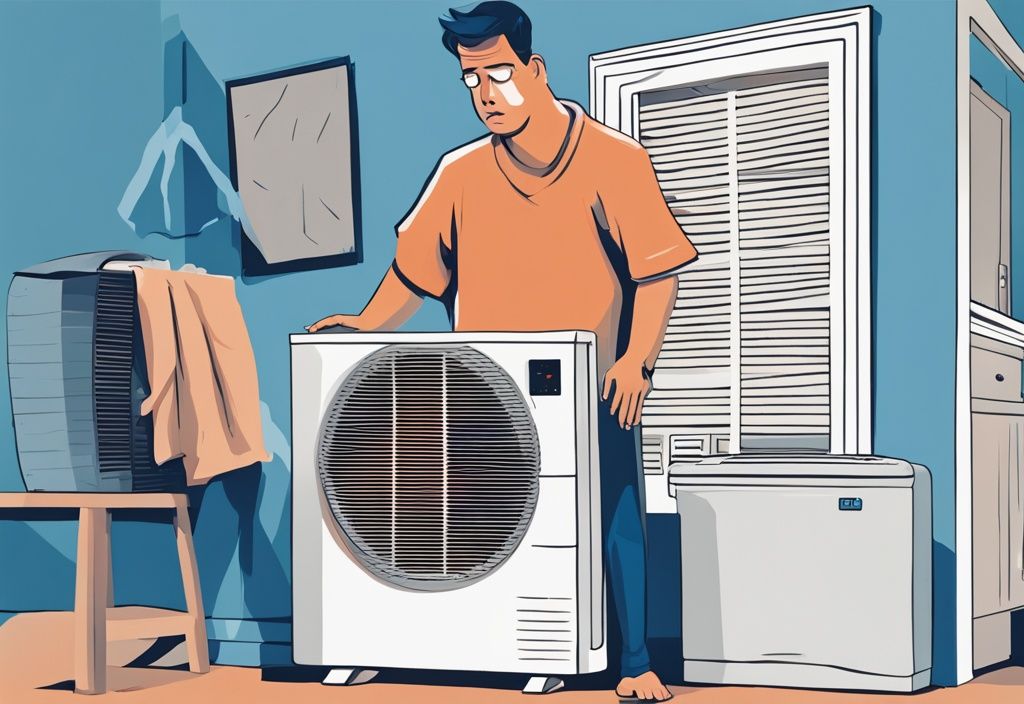
Electrical and Power Supply Issues
Sometimes, the problem is as simple as a tripped breaker or dead remote batteries. These can stop your system cold. Check your electrical panel and those batteries to keep things running smoothly. Addressing these hiccups promptly ensures your system stays reliable.
Faulty Sensors
Sensors are the unsung heroes of your AC, keeping the temperature just right. If they’re off-kilter, your cooling could be too. Make sure they’re clean and properly attached. Regular check-ups can nip sensor issues in the bud, keeping your home comfortably cool.
Quick Fixes for Your Split System Not Blowing Cold Air
When your split system isn’t blowing cold air, it can feel like a real headache, especially during those hot summer days. Let’s dive into some practical steps you can take to troubleshoot and hopefully fix the issue without breaking a sweat.
How to Check and Adjust Thermostat Settings
First things first, let’s talk thermostats. It’s the brain of your split system, telling it when to cool down your home. Make sure it’s set to “Cool” mode. If it’s not, your system won’t know it’s supposed to lower the temperature. Also, set the fan to “Auto” so it can manage airflow like a pro. If your settings seem off, tweak them to better suit your cooling needs. Oh, and don’t forget to check those batteries. If they’re dead, your thermostat might just be taking a nap instead of doing its job.
Steps to Inspect and Clean Air Filters
Air filters are like the lungs of your split system. They need to be clean to work efficiently. Before you start, switch off your system to avoid any surprises. Take out the filter and see if it’s covered in dust or debris. If it looks like it’s seen better days, give it a good clean or replace it. Keeping those filters in top shape not only keeps your air fresh but also helps your system blow cold air like it should.
Identifying and Managing Refrigerant Leaks
Now, let’s chat about refrigerant leaks. They’re sneaky and can really mess with your cooling. Listen for any odd hissing sounds or sniff out any chemical smells around your unit. If something seems fishy, it’s time to call in the pros. Refrigerant isn’t something you want to mess with on your own. A skilled HVAC technician can handle it safely and get your system back to its chilly best.
Guide to Cleaning Condenser Coils
Condenser coils are crucial for cooling, and keeping them clean is key. Turn off the power to your unit before you start cleaning. Use a soft brush or vacuum to gently clear away any dust and debris. Regular cleaning stops buildup that can block heat removal, helping your system stay efficient. Clean coils mean your split system can keep blowing cold air without a hitch.
Spotting Electrical Issues
Electrical issues can throw a wrench in your split system’s operation. Start by checking if the circuit breaker has tripped. If it has, reset it to get things back on track. Also, take a look at the remote control batteries. If they’re dead, swap them out. If electrical problems persist, it’s wise to call a technician. Sorting these issues quickly ensures your system runs smoothly and keeps your home cool.
When to Seek Professional Help for Your Split System
Sometimes, even the best DIY efforts can’t fix a split system that’s not blowing cold air. Let’s explore when it’s time to call in the pros and why their expertise is invaluable for keeping your home cool and comfortable.
Warning Signs You Need a Professional HVAC Technician
Experiencing a split system not blowing cold air can feel like trying to enjoy a summer barbecue with a broken grill—frustrating and unproductive. If your system is still struggling to cool after you’ve tried all the usual tricks, it might be time to bring in a professional HVAC technician. Persistent cooling issues often hint at deeper problems that only an expert can untangle.
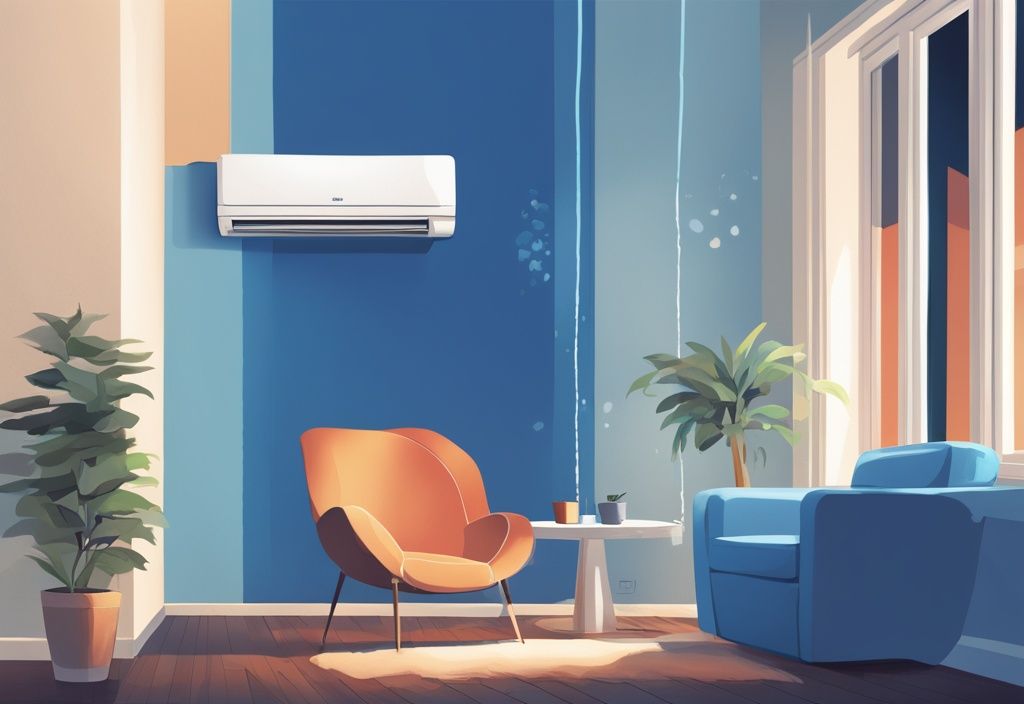
Unusual noises like squeaking, grinding, or gurgling are like your system’s way of crying out for help. These sounds might point to mechanical issues or failing components that need professional attention. And if you notice signs of refrigerant leaks or unresolved electrical issues, don’t delay. These are serious concerns that should be handled by a trained technician to prevent further damage and ensure safety.
Why Professional Diagnosis and Repair Is Crucial
Calling in a professional to diagnose and repair your split system not blowing cold air is like having a seasoned chef fix your favorite dish—it’s all about getting it right. Professionals have the expertise to pinpoint and resolve complex issues that might be beyond your weekend warrior skills. Their intervention ensures your system runs safely and efficiently, which is key for both comfort and energy savings.
Timely repairs by a pro can prevent further damage and potential system breakdowns, saving you from costly repairs or replacements down the line. Trusting a professional not only restores your system’s functionality but also extends its lifespan, offering peace of mind and consistent cooling performance.
Maintenance Tips to Prevent Your Split System from Not Blowing Cold Air
Keeping your split system in top shape is crucial for ensuring it continues to blow cold air efficiently. From regular cleaning to timely part replacements, these tips will help you avoid the frustration of a malfunctioning AC unit.
Importance of Regular Cleaning and Maintenance
Imagine your split system as a trusty old friend who just needs a bit of TLC to keep going strong. Regular cleaning is key to preventing dust and debris from clogging up the works. When air flows freely, your system can do its job without breaking a sweat. But maintenance isn’t just about a quick dust-off. It’s about catching those sneaky little issues before they turn into big, costly headaches. A well-maintained system is like a well-oiled machine—running smoothly, saving you energy, and keeping those utility bills in check.
Benefits of Scheduling Routine Inspections
Think of routine inspections as a health check-up for your AC. Getting a professional to take a peek under the hood can make all the difference. They can spot trouble brewing before it becomes a full-blown crisis. With their trained eye, they’ll ensure every component is humming along nicely. Regular check-ups not only keep your system performing at its peak but also add years to its life. Catching problems early means fewer surprise breakdowns, so you can count on your system to keep you cool when it matters most.
When to Replace Parts of Your Split System
Knowing when to swap out parts is like knowing when to change the oil in your car—crucial for keeping things running smoothly. Air filters, for instance, need regular changing to keep the air quality up and the system efficient. If your compressor or other parts start looking a bit worse for wear, it might be time for a replacement. Taking care of these things promptly can save you from bigger, more expensive issues down the line. Keeping your system in tip-top condition ensures it keeps delivering that cool comfort you rely on.
FAQs: Troubleshooting Your Split System
When your split system isn’t blowing cold air, it can be a real headache. But don’t worry, these FAQs will help you troubleshoot common issues and get your system running smoothly again.
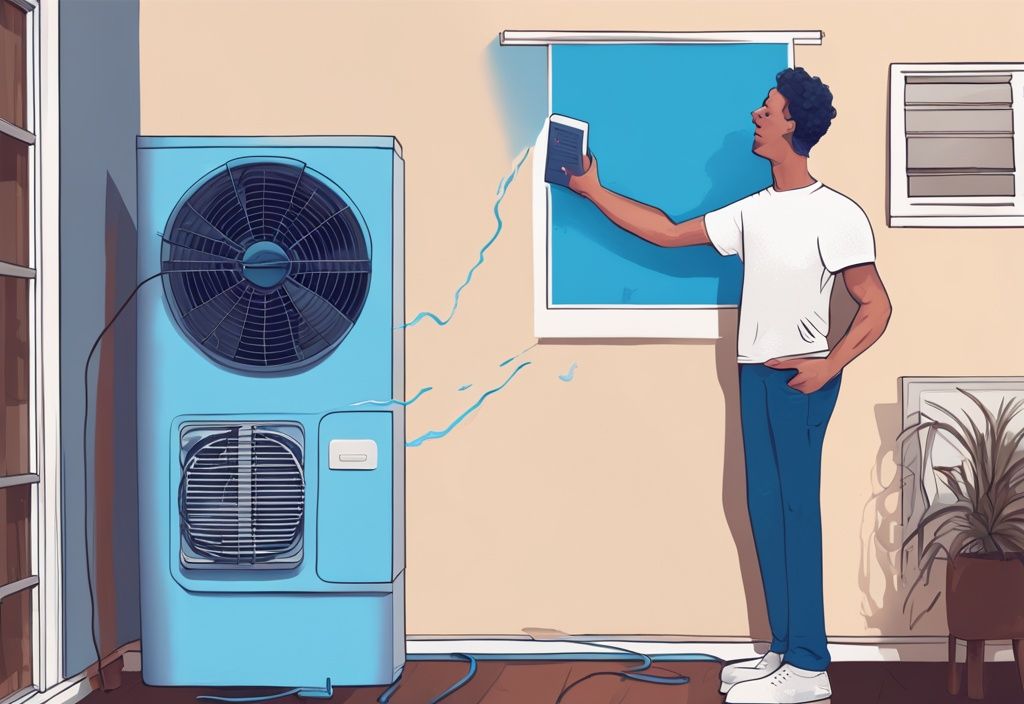
How often should I clean my split system’s air filters?
Think of your air filters as the lungs of your system. When it’s in heavy use, give them a good clean every month. If your system is taking a break, a quarterly cleaning will keep things fresh and efficient.
What should I do if I suspect a refrigerant leak?
Refrigerant leaks are like a sneaky thief, silently robbing your system of its cooling power. If you suspect one, it’s best to call in the pros. An HVAC technician can safely handle the situation and get your system back on track.
Can I fix a clogged condenser coil myself?
Absolutely, you can tackle this one! Grab a soft brush or a vacuum and gently clean those coils. Just remember to turn off the power first—safety first, always.
Why is my split system making unusual noises?
Strange noises can be like a cry for help from your system. It might be a fan motor issue or even a refrigerant leak. If the noises don’t quiet down, it’s time to call in a technician for a closer look.
How can I improve the efficiency of my split system?
Keep your system in tip-top shape with regular maintenance and cleaning. Replace parts when needed, and make sure your thermostat is set just right. Keep the area around your system clear, and you’ll have it running like a champ.
Conclusion
Figuring out why your split system isn’t blowing cold air can feel like a puzzle, but it’s a crucial step in keeping your home comfortable. Common culprits like incorrect thermostat settings, clogged air filters, or pesky refrigerant leaks can throw a wrench in the works. Regular maintenance is your best friend here—clean those filters, get regular inspections, and nip problems in the bud before they snowball. For those in the market for a new system, comparing brands such as Daikin vs Actron can provide insights into efficiency and performance. Trust me, calling in a professional when things get tricky is a wise move. It ensures your system runs safely and efficiently, saving you headaches down the road.
Addressing issues promptly not only prevents further damage but also keeps your home cozy and your energy bills in check. By staying on top of things, you can enjoy a cool, comfortable environment and extend the lifespan of your split system. Remember, a little vigilance goes a long way!
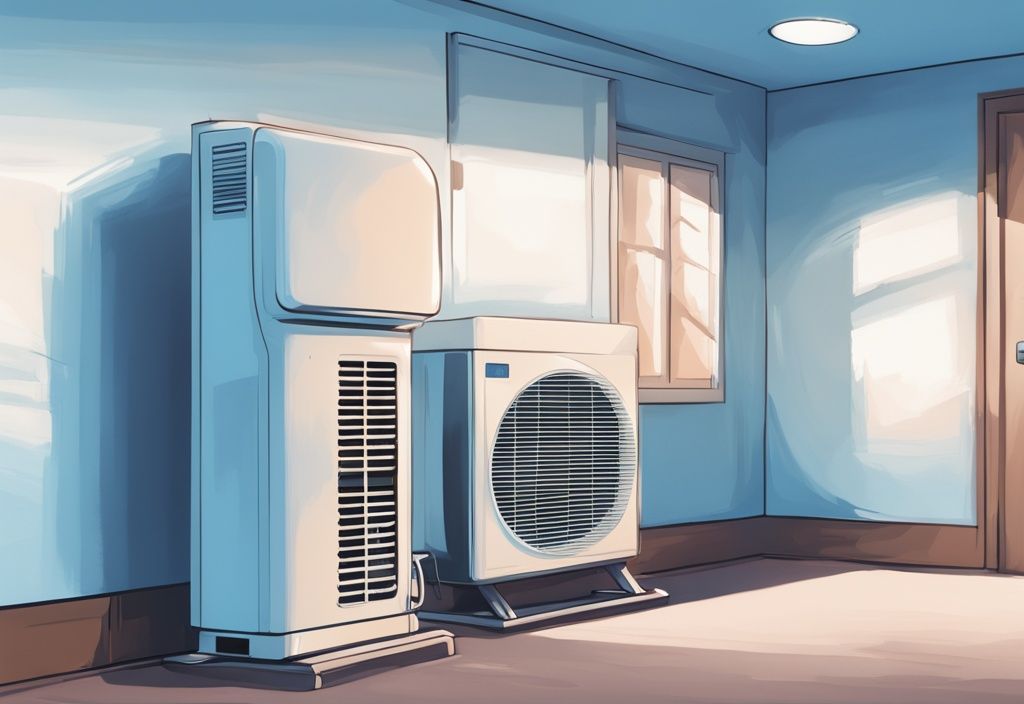
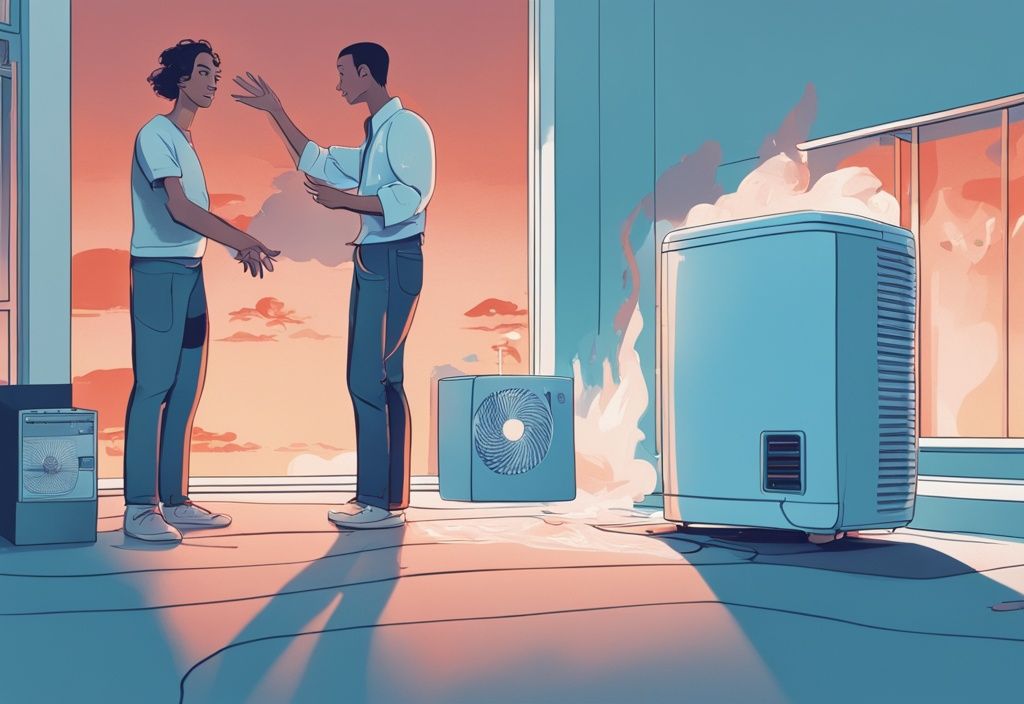
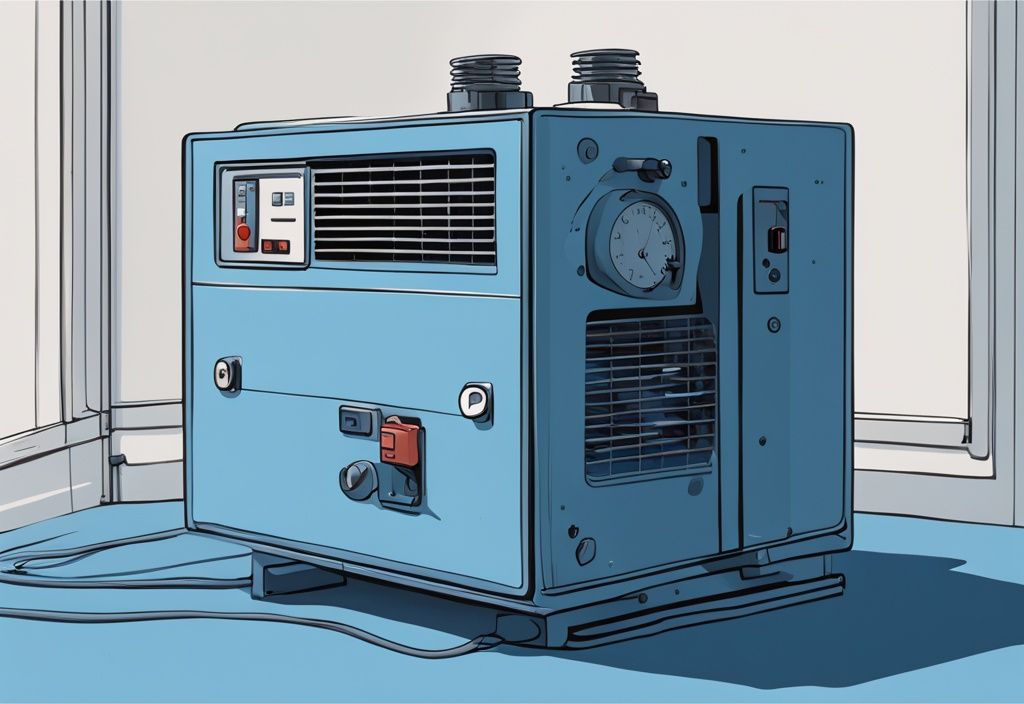
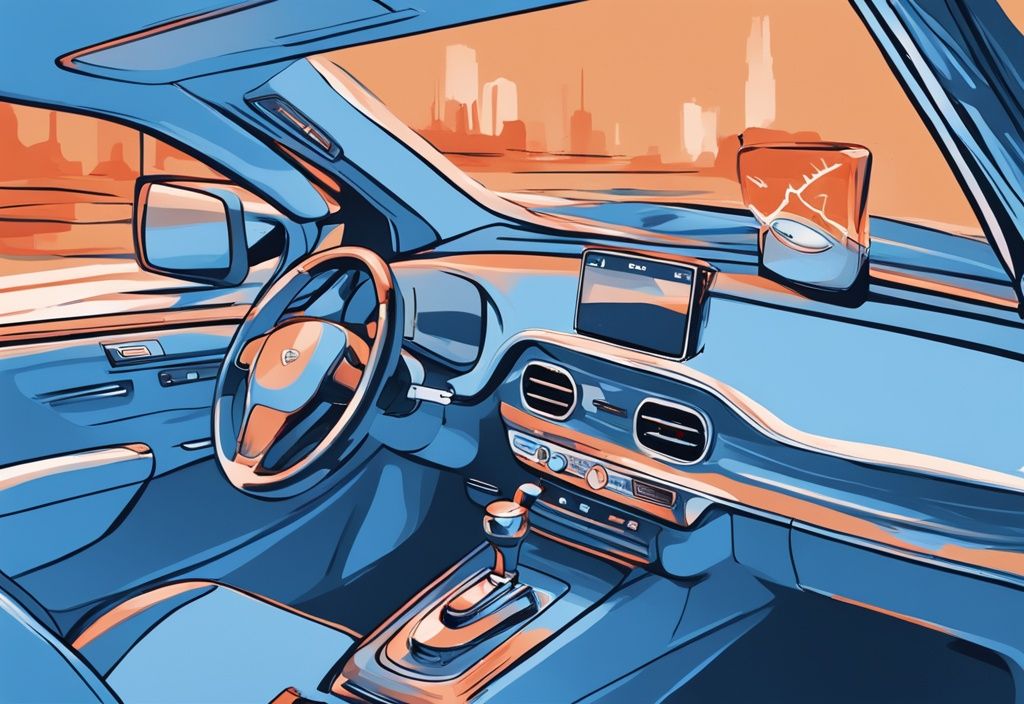
Post Comment